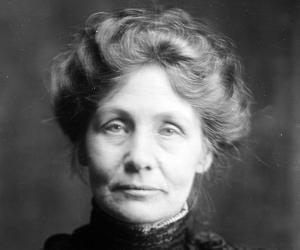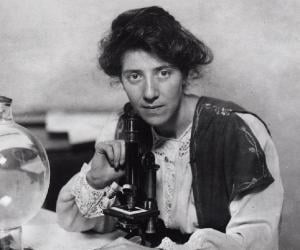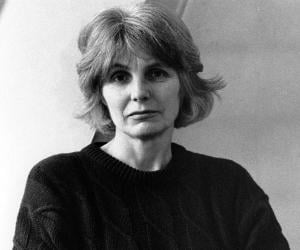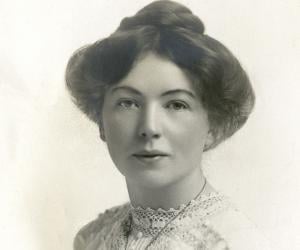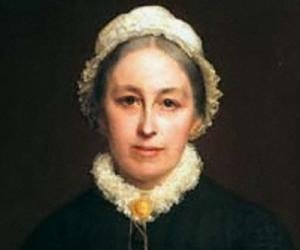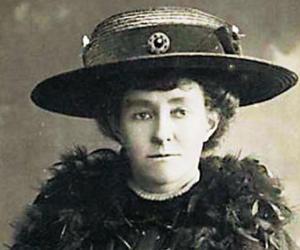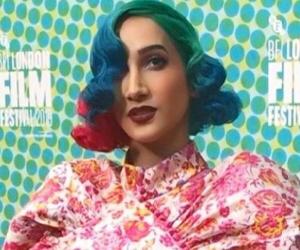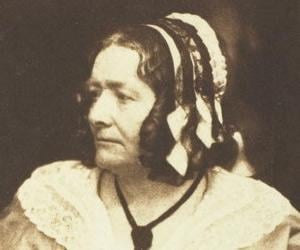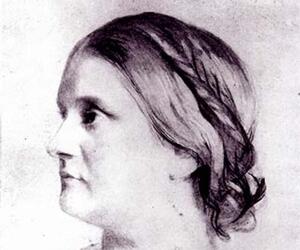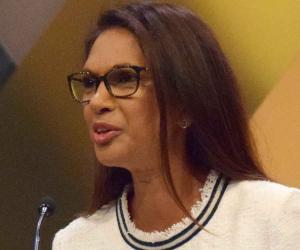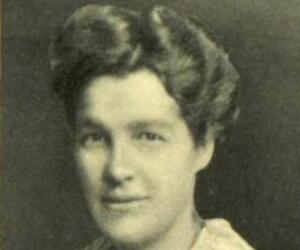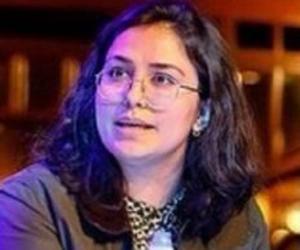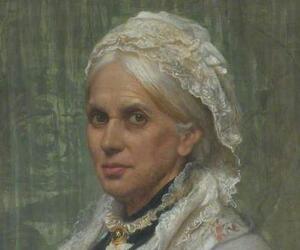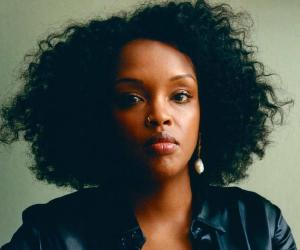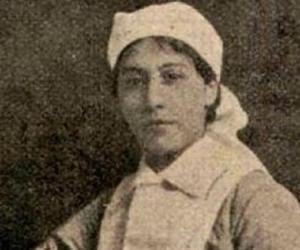1
Emmeline Pankhurst
(English Political Activist Who Organised the UK Suffragette Movement)
Birthdate: July 15, 1858
Sun Sign: Cancer
Birthplace: Moss Side, Manchester, United Kingdom
Died: June 14, 1928
Emmeline Pankhurst was a British political activist who organized the suffragette movement in the UK. She founded the Women's Social and Political Union, known for its militant tactics, hunger strikes, and confrontations with authorities. Despite criticism, her work was instrumental in achieving women's suffrage in the UK. Pankhurst transitioned the WSPU into the Women's Party, advocating for women's equality in public life. She later joined the Conservative Party and ran as a candidate. Pankhurst passed away shortly before the Equal Franchise Act was passed, granting all women over 21 the right to vote.
